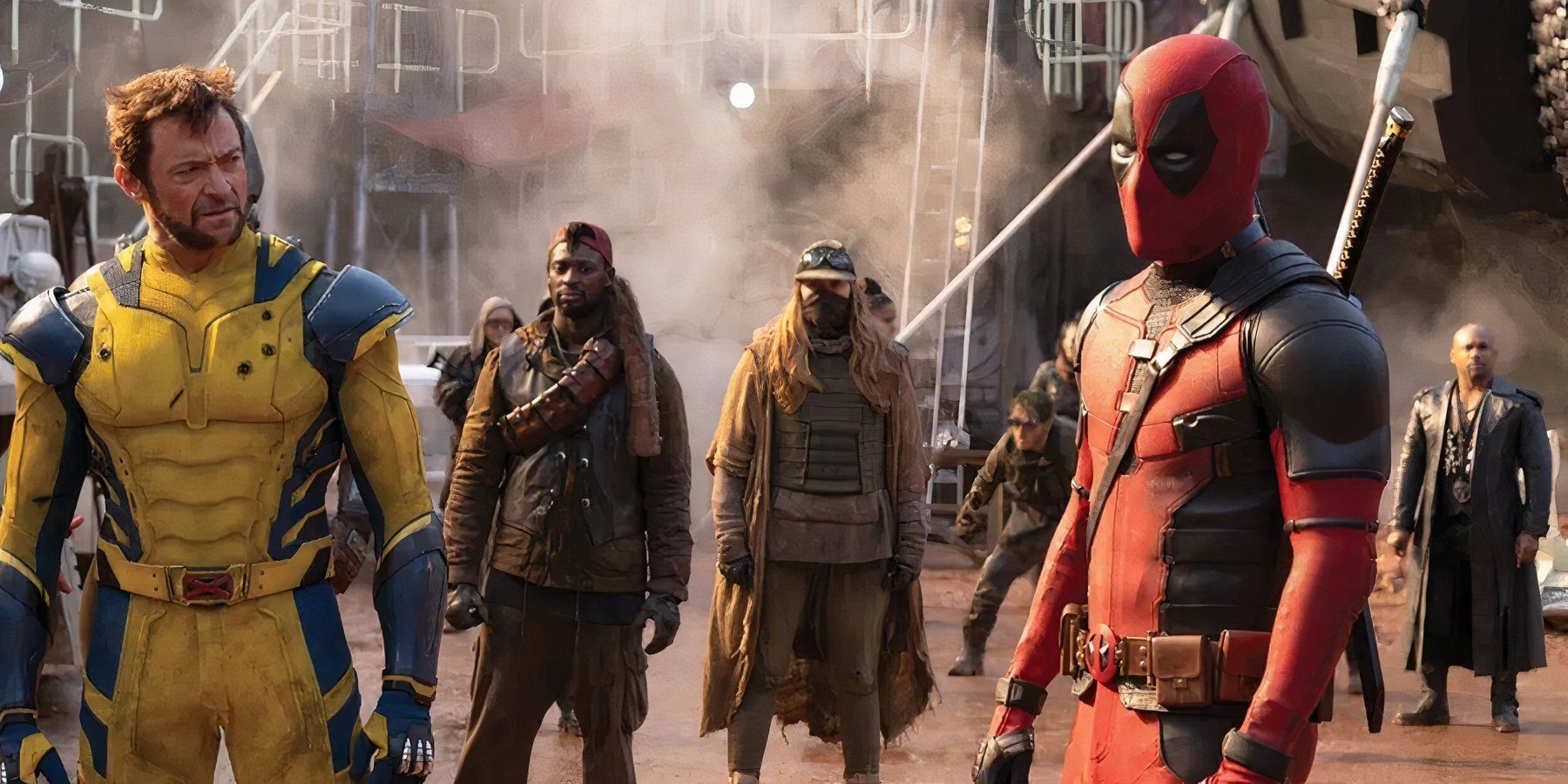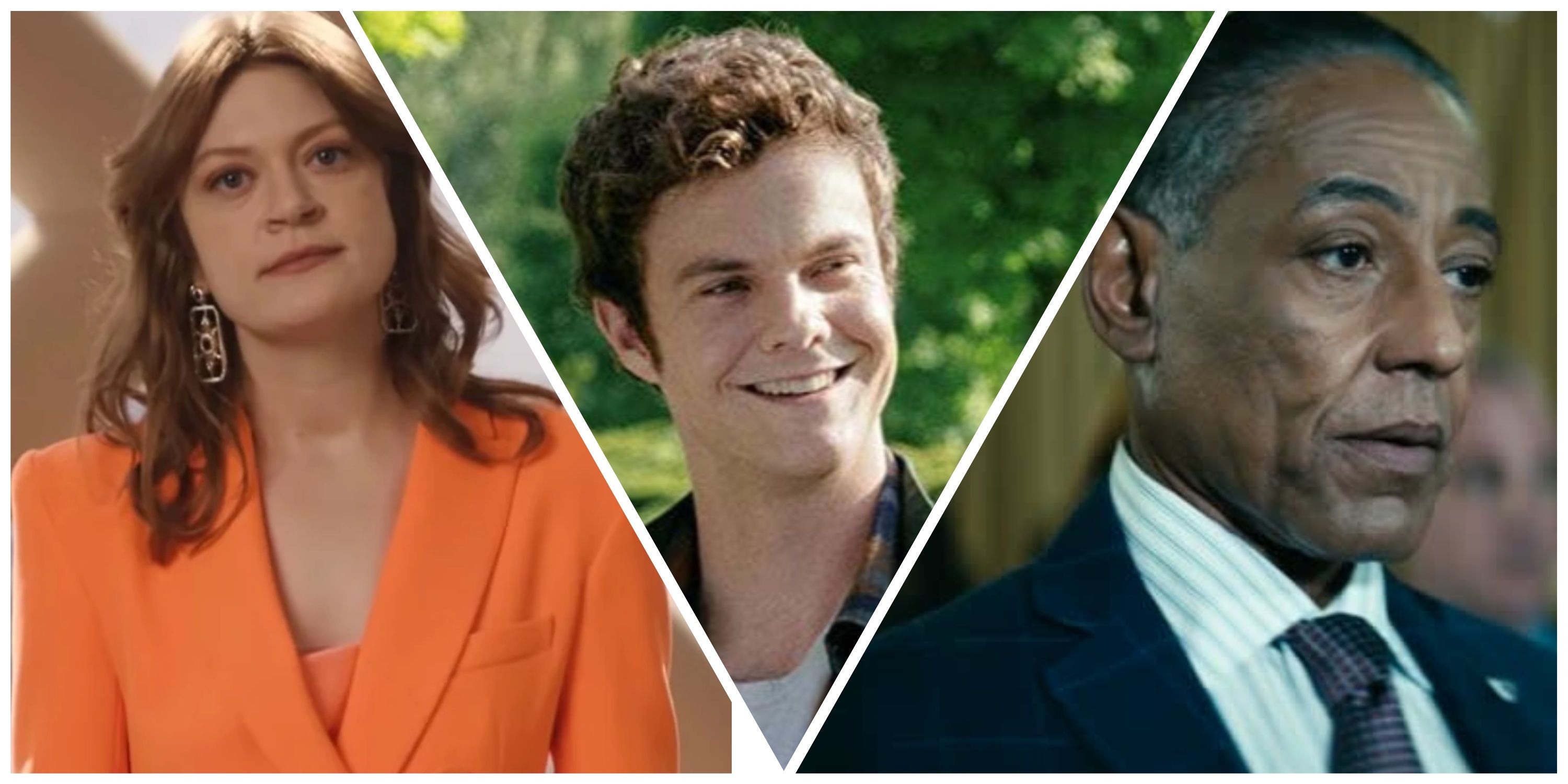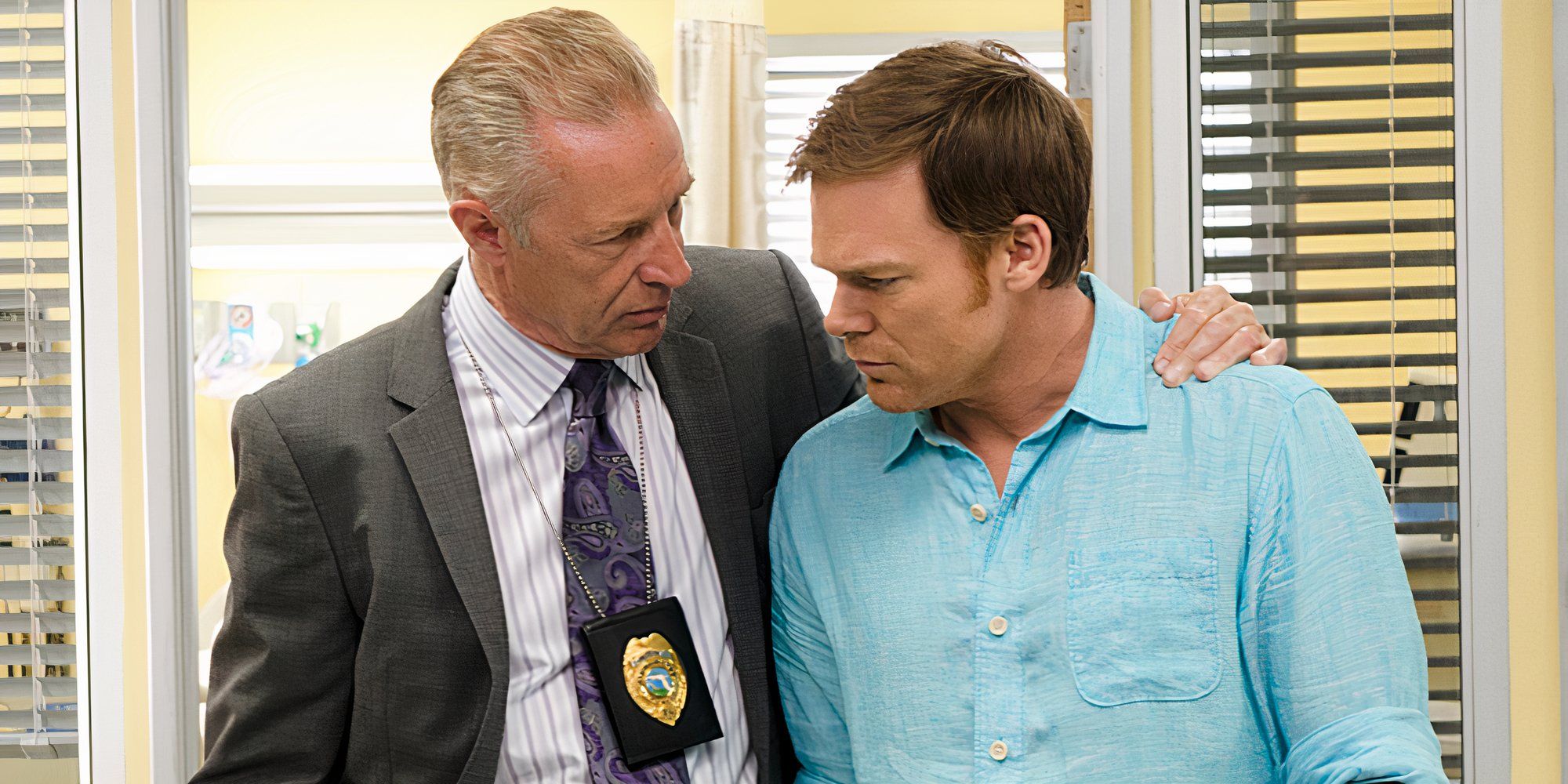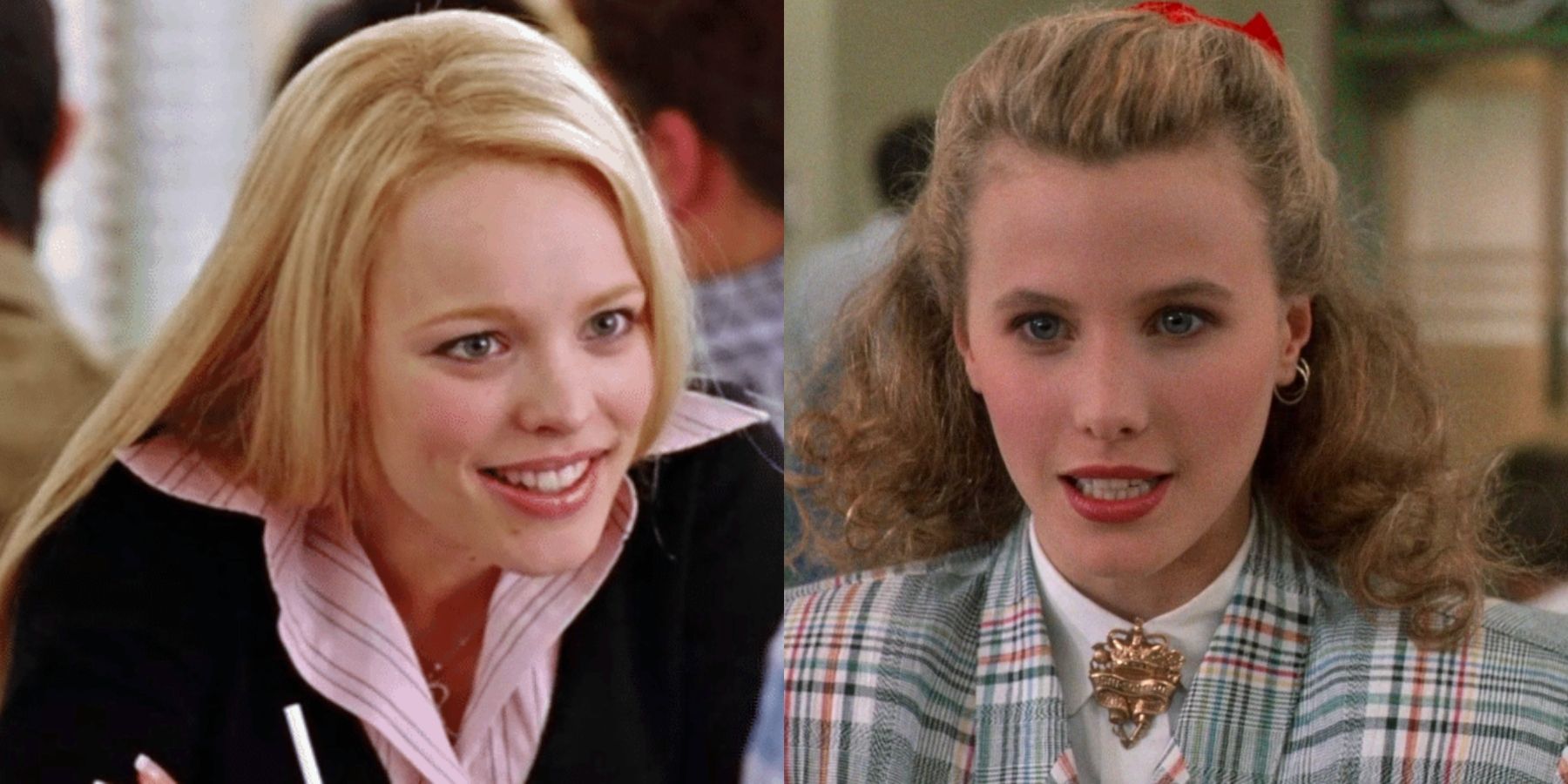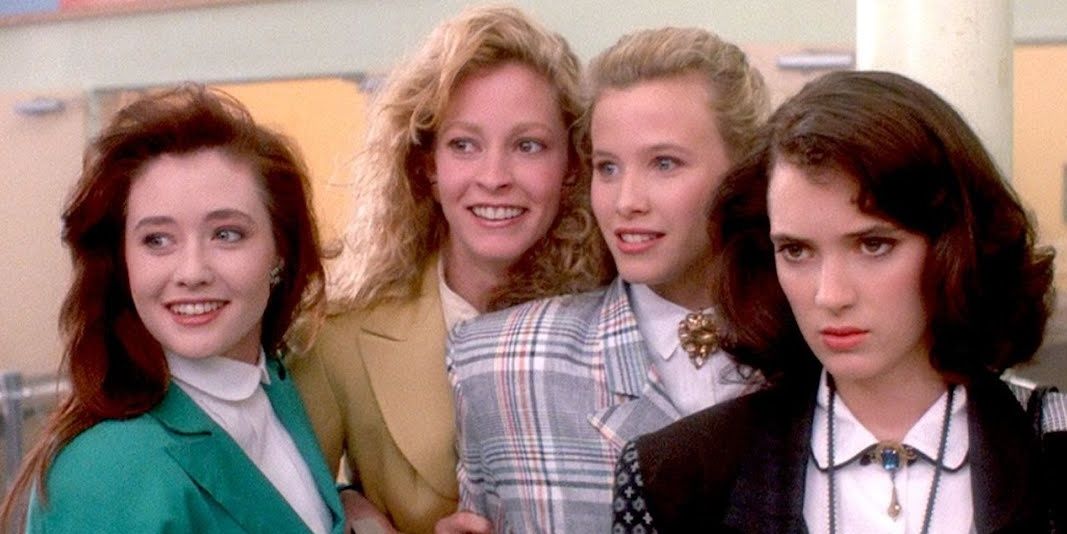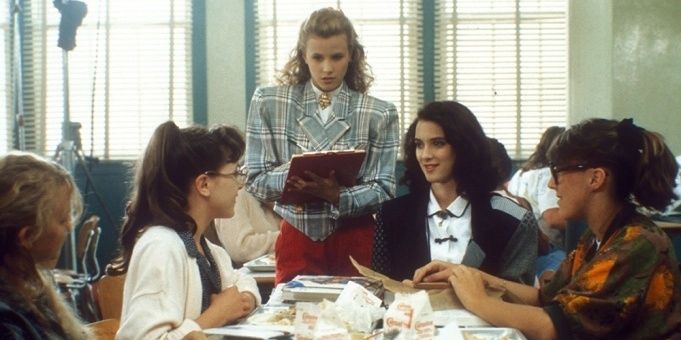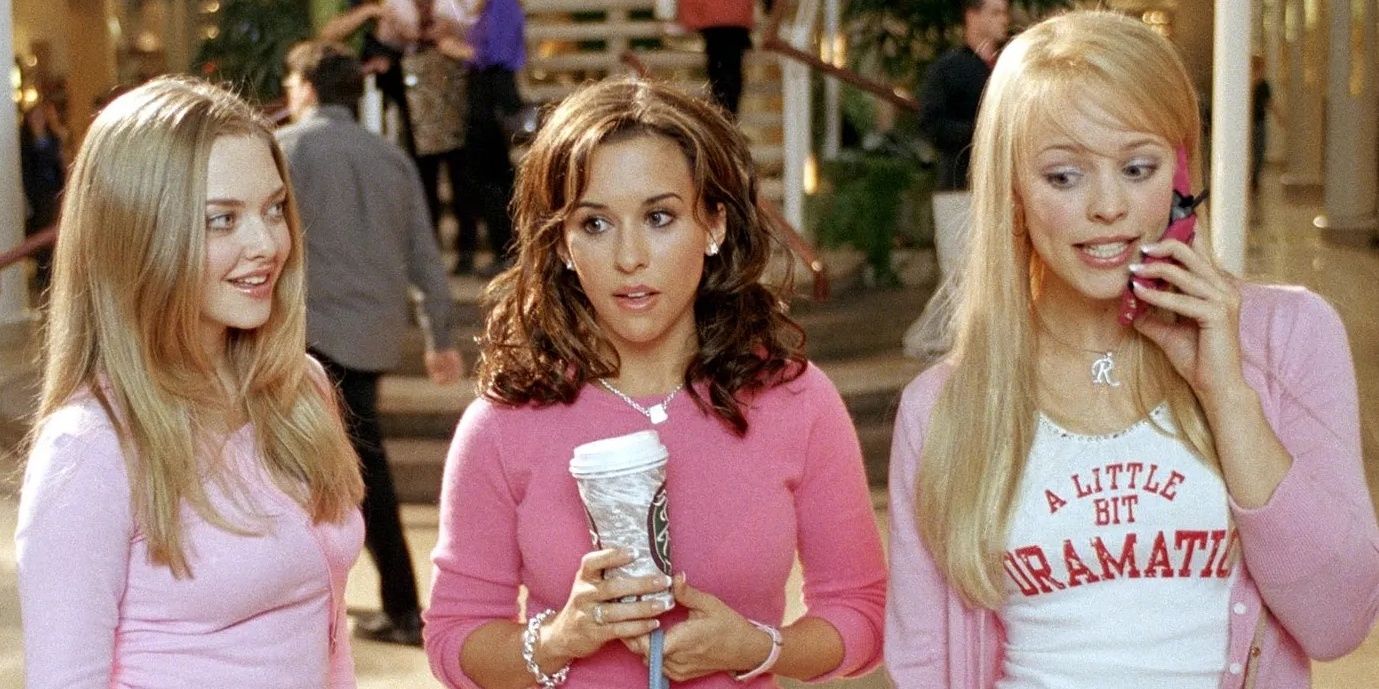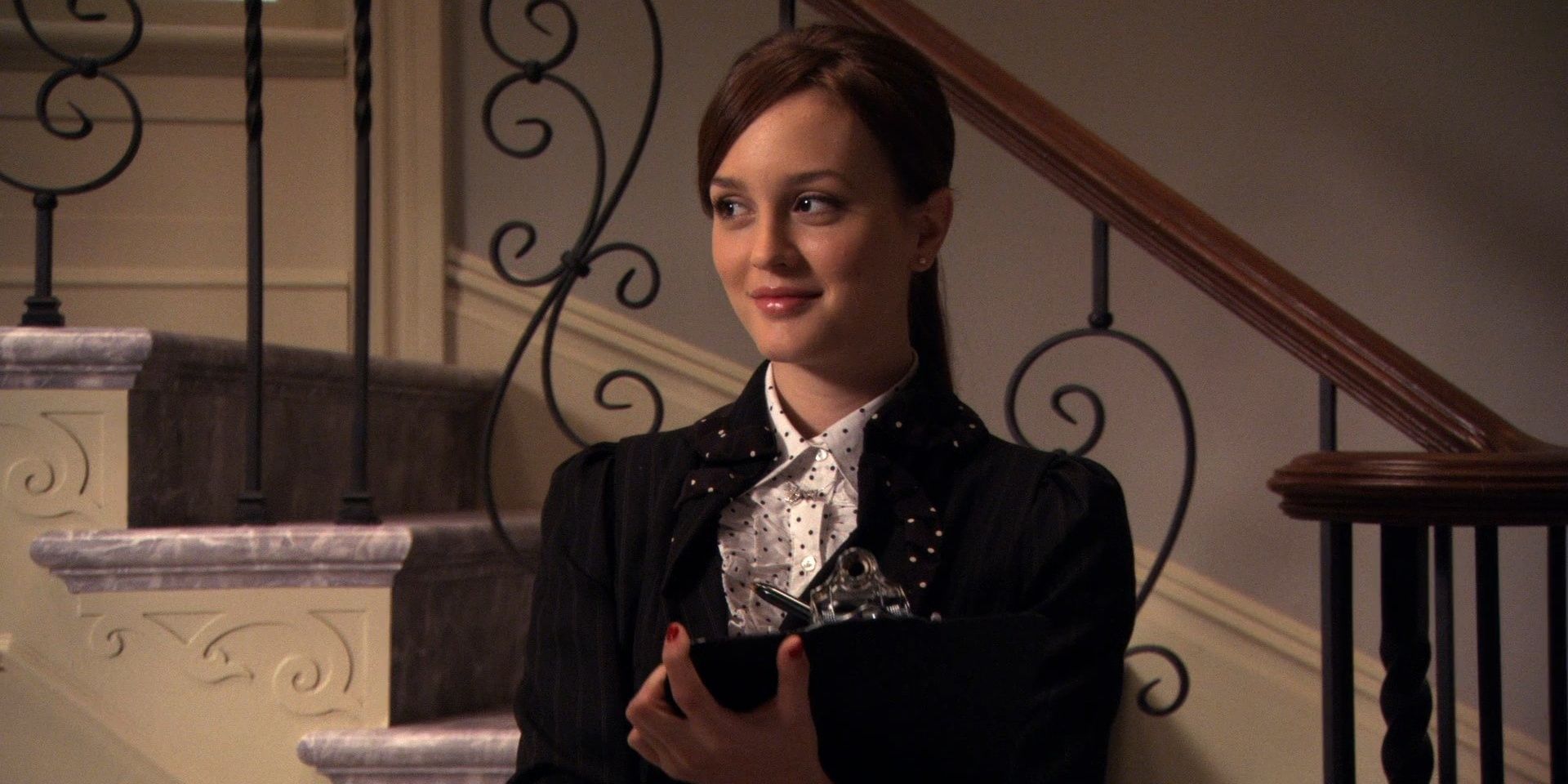Turn on any piece of media about teenagers and there's one trope that will probably appear more than any others. A lot of teen movies and TV shows like to focus on the cliques and popularity contests that occur within high school life, and there's nothing that is more central to that than the "popular kids", and the fact that those kinds of groups are very often led by the head honcho of the entire student body - the mean girl.
Sometimes it's just one girl, and other times they travel in packs (often in groups of three), and she's usually pretty, rich, and blonde. The mean girl becomes the antagonist in a teen drama or comedy, and will essentially either terrorize the main character or sometimes try to pull them into their group. It's a trope that has been used so many times, to varying degrees of success. But where did it start, and why exactly is it such a staple of the genre? What is it about mean girls that make them the perfect kind of character to slot into any teen coming-of-age story?
The History of Mean Girls
Though it has appeared in many, many iterations since, the earliest example of the mean girl trope as we know it today came from the 1988 movie Heathers. Heathers has had a sort of renaissance lately because of the surging popularity of the musical adaptation, but the original movie was kind of a cult classic for a long time. The "mean girls" in question are the Heathers themselves: three teenage girls all named Heather who rule the school as a group. Heather Chandler is the head and is the ultimate pinnacle of the mean girl, so much so that basically everyone who came after was based on this model.
She, along with the other girls, is fundamentally motivated by status and social hierarchy, whether that's gaining it or maintaining the capital she already has. That's kind of the definition of the mean girl - she is confident, ambitious, and cunning, but she uses these traits to uphold power and manipulate others into doing her bidding, thereby keeping her as the Queen Bee. It's also important to the trope that other people want to be her, and Heather Chandler's social status is so coveted by others that it literally has deadly consequences in the story.
Heathers itself is a satire, and more of an indictment on society for forcing young girls to get to this point more than anything else, but the fundamental tropes it presented became staples of teen movies into the '90s and 2000s. Mean Girls presented a more modern version of the trio from Heathers, from the head mean girl (Heather Chandler and Regina George), to the jealous lackey (Heather Duke and Gretchen Wieners), to the dumb one who might secretly be the nicest of the trio (Heather McNamara and Karen Smith). The bare bones of the plot of Mean Girls is similar to Heathers as well - the protagonist (Veronica/Cady) befriends the popular girls and thinks they've cracked the code of social status, only to find that the world of the mean girl is much darker than they thought, and they don't like how it changes them.
The trio of mean girls specifically is something that pops up all over teen media - take Glee as another example. Quinn Fabray, Santana Lopez, and Brittany S. Pierce are also analogs for these archetypes that have just been discussed, but their story is interesting because they change and become more sympathetic as the story goes on. They go from mean girls to main characters, after ditching their main identity as popular cheerleaders and lowering their social status significantly by joining the Glee Club. In this way, they kind of get to transcend the mean girl trope and become protagonists.
Why Do Audiences Love Mean Girls?
Why is this trope something that has endured in media through the decades? Why do people love (or perhaps love to hate) a devious Queen Bee character? Part of it might be because these characters reflect experiences that people have actually had in their teen lives; after all, bullies are unfortunately common, and plenty of people have had to contend with a group of popular girls at their school who are at best condescending and at worst downright mean. While the mean girls on screen are usually exaggerated, they still mirror reality in certain ways.
They can also serve as a good lesson for young people on how not to act. Teenagers don't usually respond well to moral lessons in their media, so it works better when it's not outright. Since the mean girl in a story usually isn't shown in a flattering light, it becomes clear that the viewer shouldn't want to be like them, no matter whether or not the characters in the story do. Their actions are usually punished by the end, or the mean girl is redeemed by becoming a better person, and therefore the young audience is warned that this kind of behavior isn't acceptable.
More than all of that, however, they're just fun to watch. There's a reason why Tina Fey saw the potential in a whole story centered on mean girls, and why they keep appearing in shows and movies. They get to wear the best fashion, and they often have the best and most quotable lines in their respective property. Think Santana, Regina, or Cheryl Blossom on Riverdale - they're all equipped with sharp tongues and even sharper comebacks, and it often makes them even more memorable than the main characters. There's a reason why Blair Waldorf is one of the most beloved characters from Gossip Girl. Watching someone with an attitude will always be more interesting than witnessing the unswerving morals of a hero.
Mean girls are compelling, but only when their arc is done well. The mean girl needs to have a real character underneath everything - she needs to feel like a person and not just a vapid, two-dimensional shell. It's why characters like Quinn Fabray or Regina George are compelling, because they feel like they could be actual humans, whether or not they get a whole redemption arc. Flaws are always more interesting to unpack than a character who does everything right, because they feel closer to the viewer in a way, even if their personality or methods are extreme. The mean girl trope doesn't seem to be going away any time soon, because it's just a perfect vessel for this specific brand of teen storytelling - given that it's done with care, of course.

